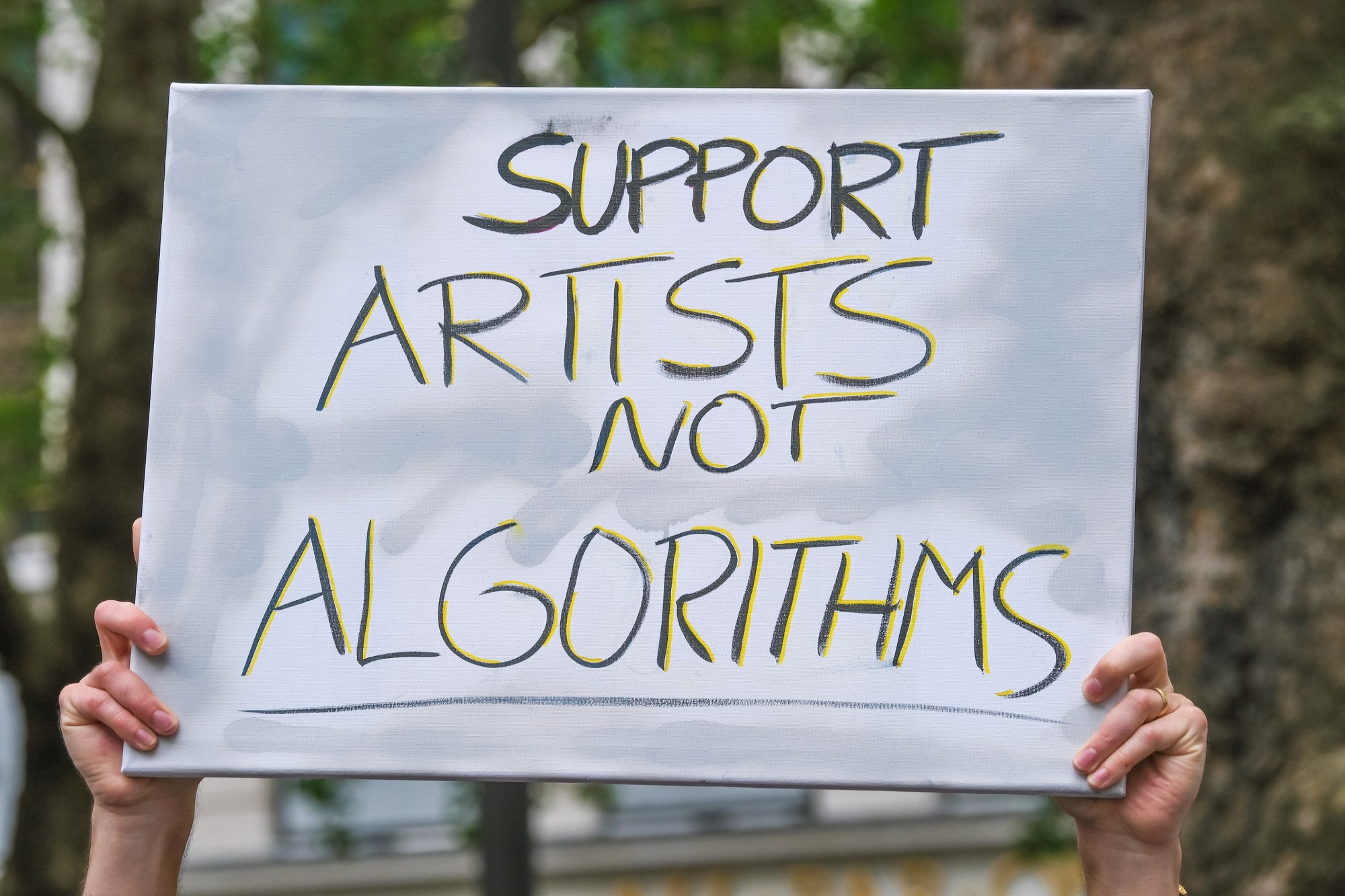Opinion: Non-Disclosure Agreements and the Ethics of Paying for Silence
Lately we’ve been hearing a lot about hush money. A week before the 2016 election, Stormy Daniels, a porn actress, was paid to be silent about an affair she may or may not have had with Donald Trump in 2006, shortly after his wife Melania gave birth to their son Barron.
Non-disclosure agreements (NDAs) have also been in the news because they have been used by Harvey Weinstein and others to buy the silence of women they allegedly harassed or assaulted. And in the last few months, it’s also become public knowledge that this legal device has been used to insulate members of Congress from scrutiny after allegations of harassment.
Buying the silence of an accuser is evidently common practice and legally above board. It’s surprising, then, that it’s a misdeed or even a crime—the crime of blackmail—for an accuser to aggressively sell their silence. “I’ll pay you to keep my behavior a secret” is fine if Trump said it. But “I won’t keep your behavior a secret unless you pay me” is unacceptable if Stormy Daniels said it.
Of course, Donald Trump (or his lawyer) would have no reason to pay Stormy Daniels for her silence unless it was true that she wouldn’t be silent without payment. Legally it’s OK if, as a matter of fact, her silence is conditional upon payment. But she’s not allowed to threaten “either you pay me or I talk.”
Of course, threats are commonplace. A landlord is perfectly entitled to say “either you pay your rent or I’ll evict you.” A parent can threaten to withdraw privileges if a child’s grades are too low. But “I’ll reveal your secrets if you don’t pay me” is prohibited.
I can understand why it’s prohibited. It does seem like it should be prohibited. But the various possible rationales for prohibiting such threats also seem to cast doubt on the practice of offering payment for secret-keeping.
- Suppose it’s wrong to threaten disclosure of a secret for lack of payment because there are moral obligations involved. One might be obligated to keep a secret: an affair is nobody else’s business. One might be obligated to speak out: it’s important to talk about harassment or assault that may be repeated. If one has an obligation to speak out, or to be silent, then payment is inappropriate. Someone shouldn’t be paid off for doing what they must, regardless of payment. And shouldn’t be paid off to do what they shouldn’t do, regardless of payment.
But if all that makes sense, then men who pay women hush-money for keeping their secrets are in violation of the same principle. Sometimes they’re paying women to keep secrets they shouldn’t keep. Sometimes they’re paying them to keep secrets they should keep, no matter what. The problem with hush money isn’t that a threat was made, but rather, there is also a problem when money is offered for secrecy.
- Suppose it’s wrong to threaten disclosure for lack of payment because the secret-keeper does nothing at all to earn payment. They’re just . . . silent. Thus, there’s no fair payment for goods and services.
But if that’s what’s wrong with the blackmailer’s threats, then the person who offers to pay hush-money violates the same principle. Again, the violation has nothing to do with the making of threats as opposed to offers.
- Suppose it’s wrong to threaten disclosure for lack of payment because such threats are potentially endless: if you can demand payment for non-disclosure, you can also demand payment for one month of non-disclosure, or one week of non-disclosure, or one day. The person being blackmailed is vulnerable to endless demands.
But NDAs can be repetitive and endless too. If Stormy Daniels wanted $130,000 per week to remain silent, an NDA could stipulate that payment schedule. The danger of linking secrecy to payment is present whether threats or offers are involved.
- Suppose it’s wrong to threaten disclosure for lack of payment because threats tend to lead to violence when the parties don’t uphold the agreement. The blackmailer may first threaten disclosure unless there’s payment but may graduate to threatening violence unless there’s payment.
Yes, that’s a danger, but the person making payments can also graduate to threats of violence. In fact, Stormy Daniels’ lawyer has insinuated that she was both financially induced to keep her secrets and physically threatened (by someone, we know not whom).
Try it yourself. Think of a plausible reason why blackmailing is wrong—a reason that distinguishes blackmail from an acceptable threat like “you’ll be evicted if you don’t pay your rent.” Then consider whether that particular problem with blackmail also pertains to an offer of money for silence.
As we go through one problem with blackmail after another, I believe we’ll at least find that blackmailing and offering hush money have many of the same problems. The first practice can’t be malignant and the second benign.





